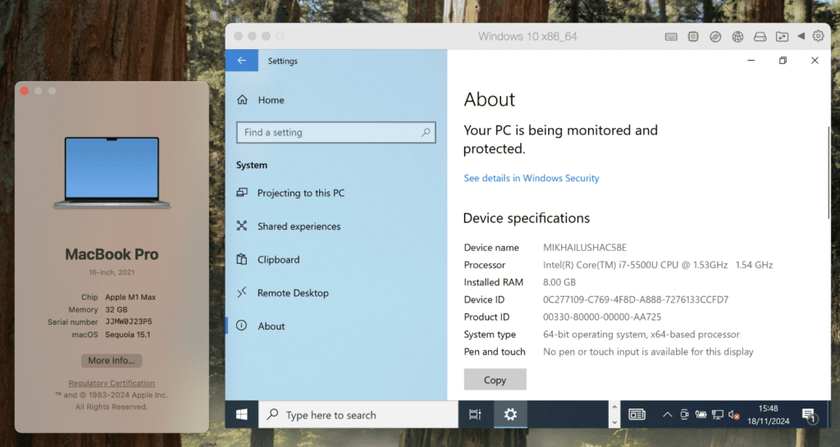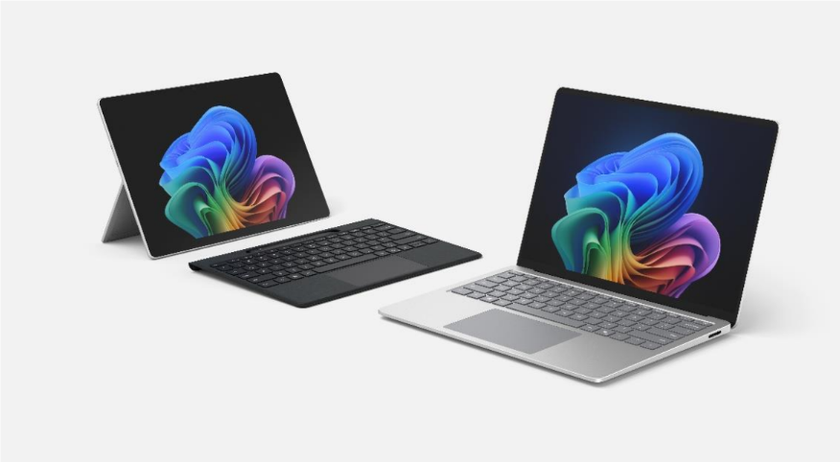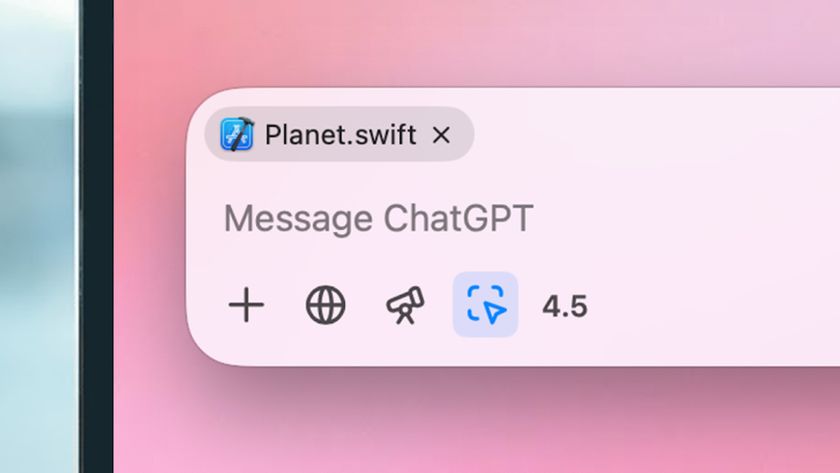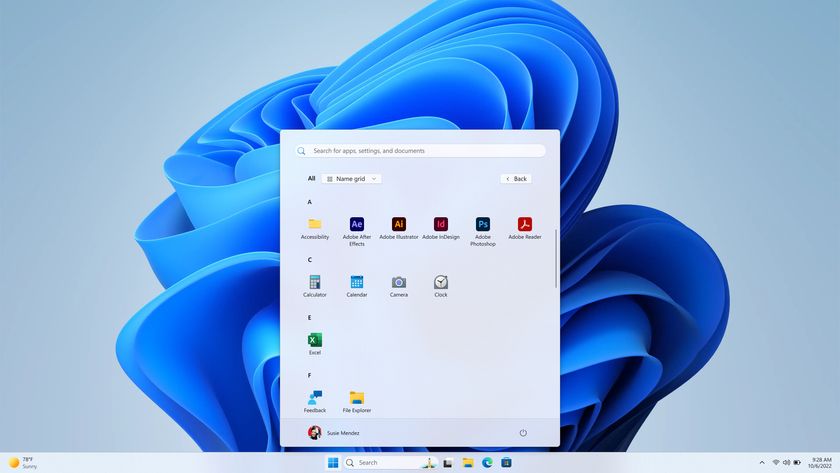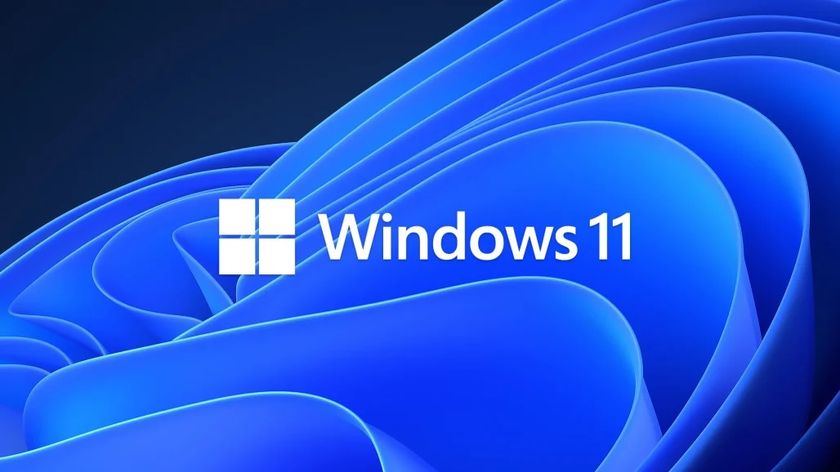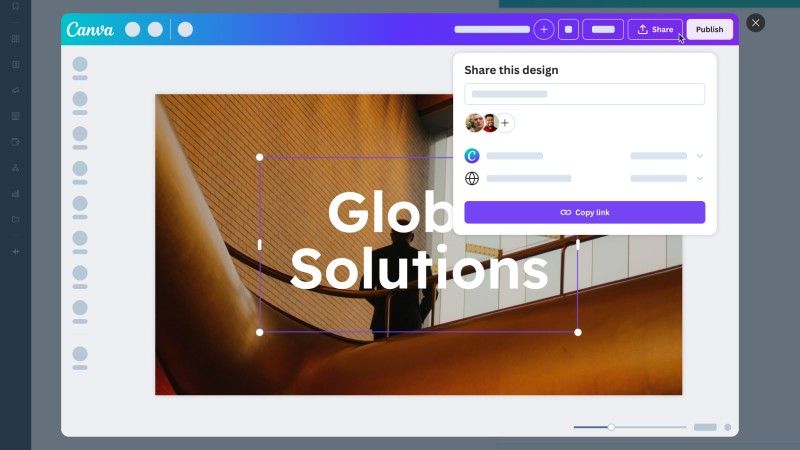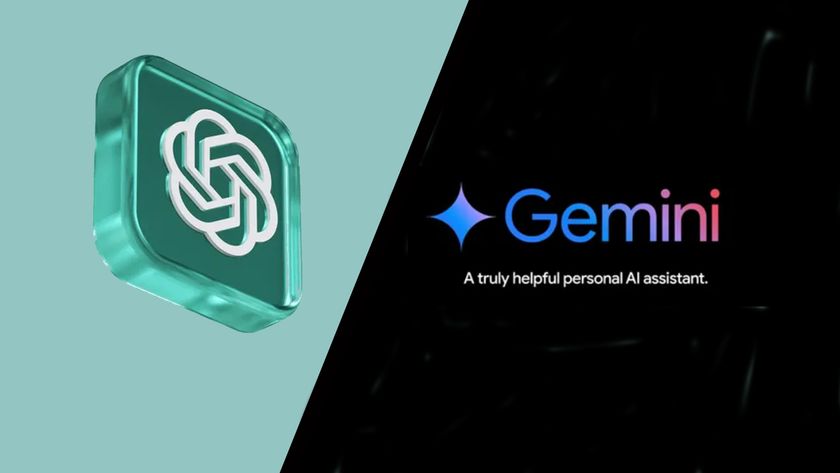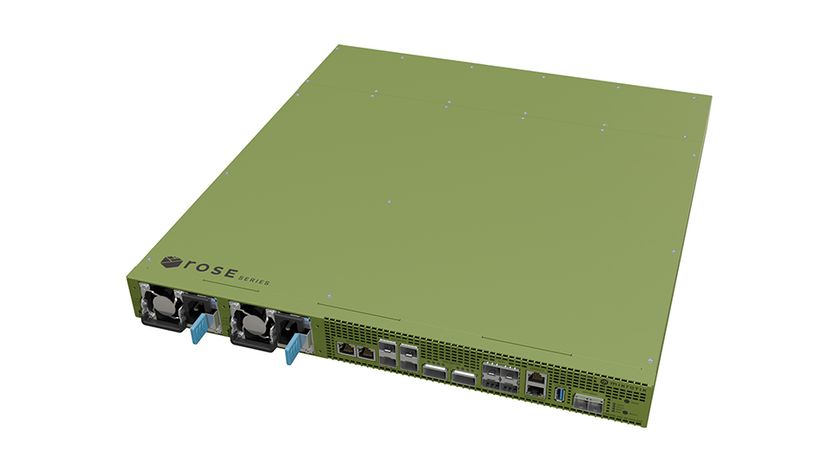Microsoft officially launches Visual Studio 2022 and .NET 6
Both platforms promise new features and improved performance

Microsoft has announced the general availability of .NET 6.0 developer platform, along with Visual Studio 2022, the all-purpose integrated development environment (IDE) from the Redmond-based company.
Both releases are significant, with .NET 6.0 being the first LTS release of the platform since .NET Core 3.1 in December 2019.
“There are massive gains in performance, which we’ve seen dropping the cost of hosting cloud services at Microsoft. .NET 6 is the first release that natively supports Apple Silicon (Arm64) and has also been improved for Windows Arm64.” noted Richard Lander, Program Manager, .NET Team, as he revealed the new features of .NET 6.0.
The .NET 6 release includes C# 10 and F# 6, and Lander hails it as a unified platform that enables developers to use one SDK to build apps for multiple platforms such as the browser, cloud, desktop, Internet of Things (IoT), and mobile.
Visual magic
Visual Studio developers who wish to develop with .NET 6 must upgrade to Visual Studio 2022, since the new .NET platform isn’t supported in Visual Studio 2019.
Visual Studio 2022, which is the first release of a 64-bit version of Visual Studio, brings in several new and useful features. Of particular interest is the Hot Reload feature, which enables developers to edit code while the apps are running.
The feature in fact became a point of contention, when Microsoft suddenly decided to axe it from the open source SDK, and instead make it an exclusive Visual Studio 2022 feature. The backlash against the move forced Microsoft to backtrack and reverse its decision.
Are you a pro? Subscribe to our newsletter
Sign up to the TechRadar Pro newsletter to get all the top news, opinion, features and guidance your business needs to succeed!
Want to code? Check out our roundup of the best laptops for programming
With almost two decades of writing and reporting on Linux, Mayank Sharma would like everyone to think he’s TechRadar Pro’s expert on the topic. Of course, he’s just as interested in other computing topics, particularly cybersecurity, cloud, containers, and coding.

